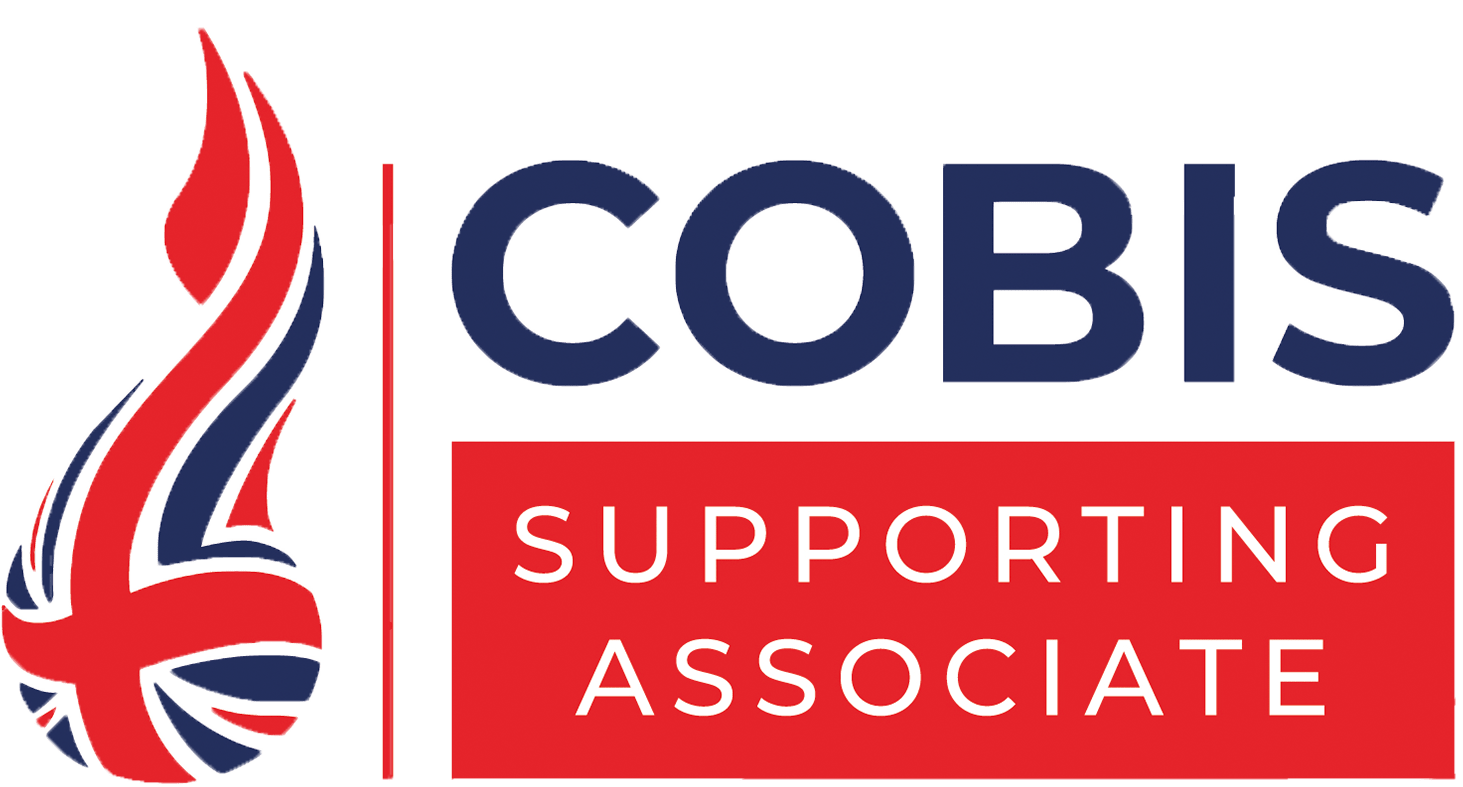Gavin Williamson, the UK’s Education Secretary, has announced that, in England, the summer 2021 GCSE and A-level exams have been cancelled and will be replaced by Teacher Assessed Grades. Whatever the process for this, the evidence behind robust assessment can help make it as fair as possible.
The challenges of assessing well
As our colleague, Prof. Rob Coe says, assessment is one of those things you think you know, until you start thinking hard about it. Feeling that you don’t know enough about assessment and the accompanying pressure to get it right generates a kind of pedagogical panic; in response, we cling to what is close to hand, what is familiar, and for good reason. But as teacher assessment plays a larger part than ever in the lives of students, and schools take on roles usually played by exam boards, one thing becomes clear: assessment knowhow has never been needed quite like it is now.
Learning is hidden but must be made visible.
The Hidden Lives of Learners (Graham Nuthall’s brilliant book) tells us that what has been learned is not the same as what has been taught. And by extension, any group of teachers facing the prospect of assessing what students have learned (as opposed to what we hoped they have learned) for the purpose of awarding a grade has a huge challenge on their hands. Learning is hidden from view, yet it is up to teachers to shine a light on it, to recognise it fairly, and to reward it appropriately with the valuable currency students need to move on in their lives. And all during a pandemic.
Three concepts to help ensure Teacher Assessed Grades are fair
Assessment is a process that can be improved with attention to its constituent parts. While teacher assessed grades won’t replicate business as usual, there are three key concepts that can improve the fairness and robustness of the process:
- Validity
Any grade awarded needs to be considered valid by those who use it – students, employers, universities and so on. When designing or selecting assessment tasks that will be used to generate grades, think about their ability to support the claim you want to make – about what a student knows and can do – based on the information generated. Do they zero in on the specific content you want to test, or do some questions stray away from these things?
When it comes to awarding grades, the stakes demand the greatest degree of accuracy and consistency possible, so paying attention to the quality of the questions / tasks set, as well as the processes of marking and moderation that come after is important.
Click on the links to read more about Validity and Reliability in educational assessment.
- Fairness and bias
In any walk of life, most of us have a tendency to believe – or go in search of – information to preserve and advance our opinions, our values, and our beliefs. While entirely natural, research has shown that this can lead to inaccurate judgement and poor decision-making (Morewedge, C. K., & Kahneman, D. (2010)); it’s a human trait that leads educators to make biased inferences about what our students know, understand and can do. Bias is a threat to the validity of assessment inferences, and acknowledging this is the first step to mitigating the level of threat they pose. Being open and transparent about the process you use to arrive at them is the next.
- Standard error of measurement – the best kept secret in education
No assessment is 100% accurate, and the degree of inaccuracy varies subject by subject (it’s no surprise that it tends to be smaller in subjects like Physics, and larger in subjects such as English). The standard error of measurement of any assessment result can be thought of as the +/- ‘grey area’ surrounding a grade, and it’s a statistic that can be calculated. In a test with a grey area of +/- 5 marks, being close to a grade boundary could make the difference between one grade and another.
There are, of course, other significant issues at play, like how you get from a great assessment to a GCSE grade in the context of high stakes for students and teachers, and pressure from parents. That’s another blog entirely.
Practical tips for teacher assessment
- Ensure the questions you ask students cover both the substantive curriculum content (such as glaciation) and the range of cognitive skills (such as synthesis or evaluation) you want to assess
- Ensure the questions you ask are accessible to all learners being assessed (some questions may need to be easier than you may think necessary)
- Ensure the questions you ask provide sufficient challenge for all learners to surprise you (some questions may need to be harder than you may think necessary)
- Ask questions / set tasks in a range of different ways / formats – triangulate the information you get from these to hear the signal within the noise
If you want to find out more about how to create assessments that can help gather information for Teacher Assessed Grades, you might find our free ‘Designing Great Assessment’ ebook helpful. Visit our resource library to download your copy.






Thanks a lot for your invaluable lectures.
A good read
Thanks Stuart – a useful reminder of some of the pivotal assessment principles and never more timely. I’ll be sharing this with staff as part of training for our forthcoming assessment practices.
thanks Stuart! It has given me a lot of inspiration and will be of great help to my future teaching!
Thanks Stuart. Lots of useful points and things to take in to consideration.